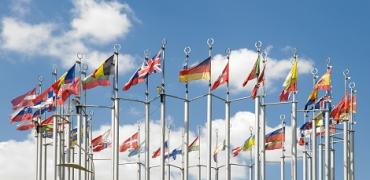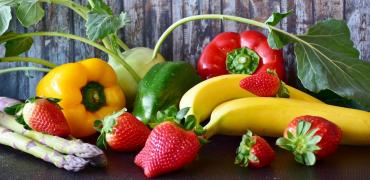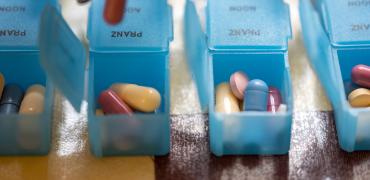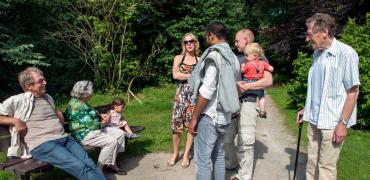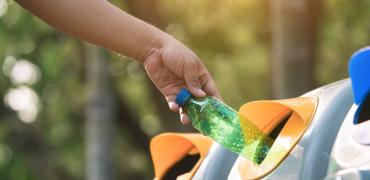International collaboration is vital for RIVM. It enables us to stay at the forefront of the latest global research and innovative developments. It enhances and strengthens our knowledge base and, as a result, improves the quality of our research and policy advice. It helps us prepare for a new global pandemic or health crisis. RIVM participates in a wide range of international research and innovation projects to help solve some of the biggest societal challenges. We share our knowledge and expertise internationally, and in turn, learn from others.
For more than 100 years, RIVM has been promoting public health and safeguarding a healthy and safe environment. We have a central role in infectious disease control, national prevention and population screening programmes and monitoring our population’s health and the state of our environment. We support citizens, professionals and national and local authorities in the challenge of keeping ourselves and our environment healthy, safe and sustainable. Our ambition is to be a trusted advisor using independent research as the basis for our advisory work. Below we present some global challenges we are working on and elaborate on our tasks and international activities.
What we do
Highlighted themes
Information for refugees from Ukraine
RIVM has developed a dedicated website for Ukrainian refugees in the Netherlands. This portal serves as a first point of access to our information about population screening programmes for cancer, immunisation programme, pregnancy screening and more. The information is available in English, Ukrainian and Russian.
RIVM International Newsletter
Would you like to be kept informed of our international work and related activities? Subscribe to our quarterly newsletter. Read our international newsletter issue 4, 2025.
News
Harmful plant protection products on roses from outside the European Union

COVID-19 pandemic intensified negative mental health trend among young people

Reinskje Talhout appointed special professor of Product appeal and prevention of harmful consumption behaviour

Antibiotics policy for severe streptococcal infections lowers risk of transmission within families

Isabel Arends to become Director-General of RIVM

Mental health at risk: broad investment in mental health by new government required



